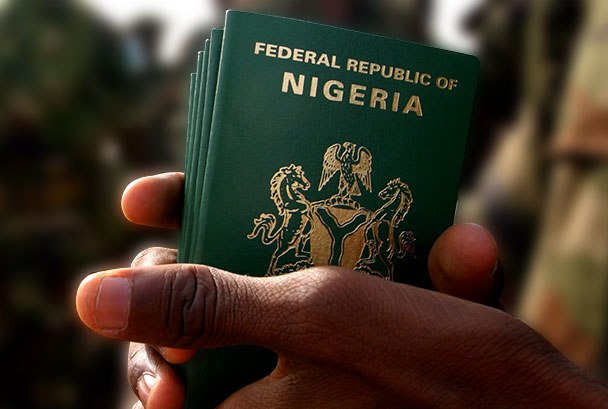Holding A Passport With/Without A Visa: The Pros And Cons
The Nigeria Immigration Service Public Education and Enlightenment activities entail dissemination of vital information that will help the public to understand what constitutes an Immigration offence and other abuses, as well as compliance with set laws when a person holds a valid passport with the intention of travelling to another country with or without a visa on the passport for entry into the host/destination/transit country as the case, may be, what are the conditions to be considered, agreements, MOUs, Conventions, these and many other fundamentals are responsible for how countries operate their Immigration laws, it is sometimes reciprocal, at other times as agreed in conventions or laws, as signed in an MOU, and as a desire by the government of a country due to prevailing circumstances and other compelling factors.
Some countries have visa abolition agreements with each other either as a regional government such as the Economic Community of West African States (ECOWAS) where citizens from member states can enter each others territory without a visa but with a valid travel document, valid travel document is as agreed upon both in specification and interpretation by the Community members, the Schengen system refers to the European Union (EU) passport-free zone that covers most of the European countries.
It’s the largest free travel area in the world. The Schengen visa is the most common visa for Europe.
It is a short-stay visa that allows a person to travel to any members of the Schengen Area for a stay up to 90 days for tourism and business purposes.
It enables its holder to enter, freely travel within, and leave the Schengen zone from any of the Schengen member countries. There are no border controls within the Schengen Zone.
However, if you are planning to study, work, or live in one of the Schengen countries for more than 90days.Then you must apply for a national visa of that European country and not a Schengen Visa. This are few examples of countries operating visa-free movement on an agreed basis.
The Nigerian Immigration Service operates by Immigration Act 2015, Immigration Regulation 2017, other by-laws, agreements, MOUs, Conventions and standards-based operations ICAO, IOM, etc.
Every traveller apart from citizens of countries with which Nigeria has Visa abolition and travel waivers, must come to Nigeria or enter with a valid travel document and a prerequisite visa corresponding with the purpose of such journey without which entry may be refused, same with a Nigerian travelling out of Nigeria, if to a country with which Nigeria has Visa abolition or waiver they can travel on the condition stipulated for the abolition or waiver, but if otherwise, they must obtain a specific visa for such journey valid for entry to the country they are traveling to and for the purpose of the journey to avoid refusal of departure by Nigeria Immigration officials and subsequent refusal of entry or admission to a country outside Nigeria should they use non-conventional means to travel out of Nigeria.
The passport and Visa are two different documents, while the passport remains a travel document, the visa is a permit authorising entry into another country, unless for a country where there is visa abolition or waiver that is agreed upon by the countries concerned. Travellers will require a valid passport with a valid visa for the country they intended travelling, unless otherwise.





